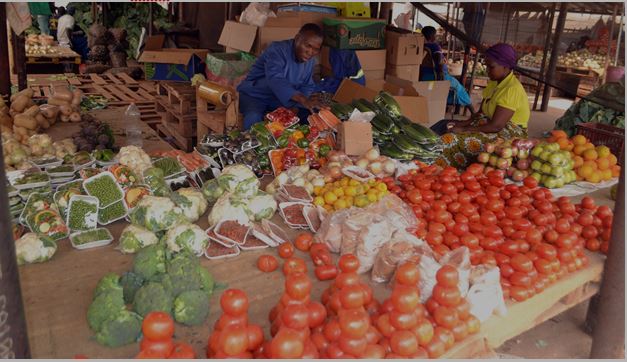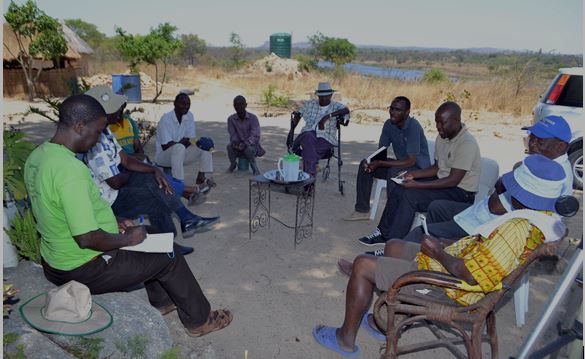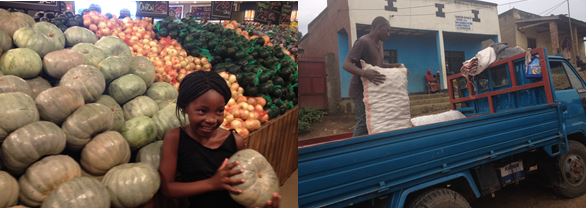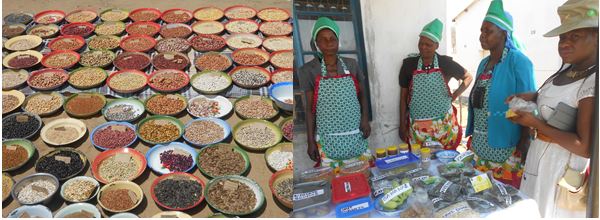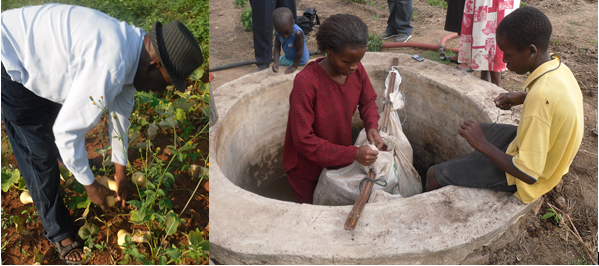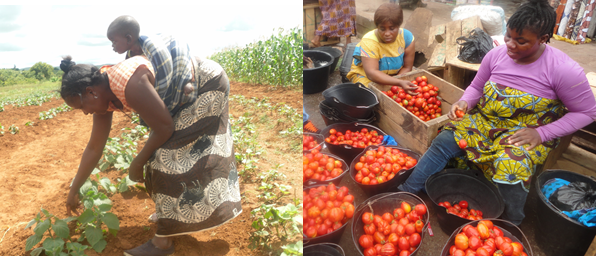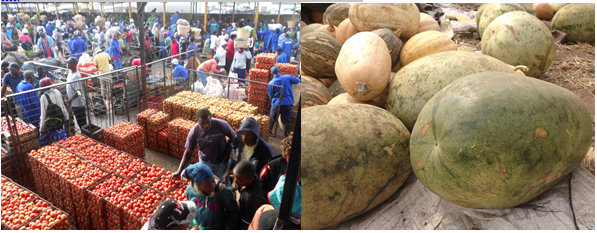The hybrid nature of most African economies
Most African economies are often presented as being dual, comprising the formal and informal economy. However, in real practice the two parts function as a hybrid economy which borrows from the two parts. Nowhere is this scenario more visible than in the agriculture sector where there is a fusion of formal and informal approaches all Read more about The hybrid nature of most African economies[…]


